- The Nissan Arc strategy prioritizes electric vehicle expansion, aiming to introduce 30 new models in three years, with 16 being electric. By 2026, Nissan targets 40% of global sales from EVs, increasing to 60% by the decade’s end, highlighting its commitment to sustainable mobility.
- Nissan’s regional strategies include plans to increase sales by 330,000 units in the Americas by 2026, demonstrating its adaptability to diverse market demands.
- Nissan plans to introduce AI-supported EV charging management systems and affordable home chargers by 2025, contributing to wider EV adoption and supporting sustainable mobility practices.
Focused on electrification, the Nissan Arc business strategy is all about making more electric vehicles, with Nissan aiming to bring out 30 new models in the next three years, with 16 of them being electric. By 2026, Nissan wants 40% of its global sales to come from electric vehicles, increasing to 60% by the end of the decade. They’re also planning to sell more cars in places like the Americas, aiming for an extra 330,000 sales by 2026. Additionally, Nissan is dedicated to transforming EV charging infrastructure by introducing AI-powered management systems and affordable home chargers, solidifying its role as a pioneer in sustainable transportation. By partnering with key industry players like Renault and Mitsubishi Motors, The Nissan Arc plan anticipates a future where driving is both exciting and environmentally friendly.
ADVERTISEMENT
Makoto Uchida, President and Chief Executive Officer of Nissan, emphasized the significance of the Arc plan, stating, “The Arc plan shows our path to the future. It illustrates our continuous progression and ability to navigate changing market conditions.”
The Arc Nissan Business Plan is all about growing its range of products and speeding up the shift to electric vehicles. With the aim to enhance profitability and capture market share, Nissan plans to launch 30 new models over the next three years, with a significant focus on electrified vehicles.
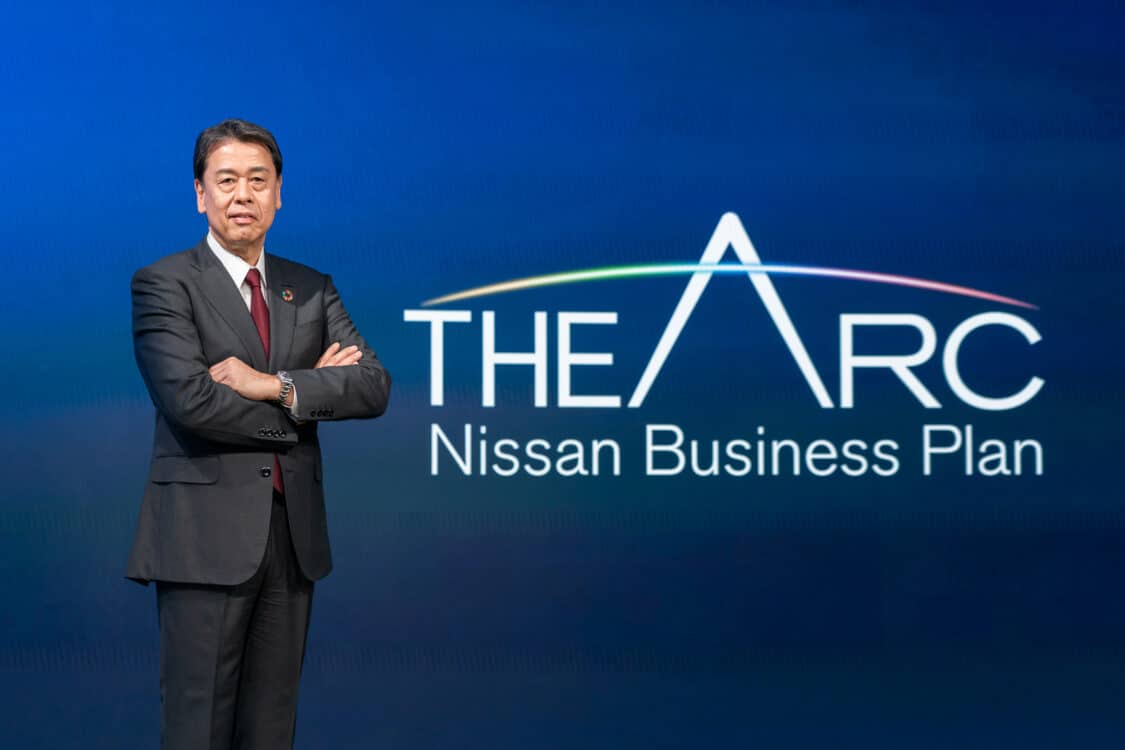
“Under the two-part plan, Nissan will first take actions to ensure volume growth through a tailored regional strategy and prepare for an accelerated transition to EVs,” Uchida explained.
To achieve this ambitious goal, Nissan will roll out 16 electrified models alongside 14 traditional internal combustion engine (ICE) vehicles, catering to diverse customer needs across varying markets. By fiscal year 2026, Nissan aims to have electrified vehicles account for 40% of its global sales, with a projected increase to 60% by the end of the decade.
The Nissan Arc plan also includes a strong regional approach, with specific plans for key markets globally. In the Americas, Nissan plans to increase sales by 330,000 units by fiscal year 2026. They also plan to invest heavily in improving the customer experience in the U.S.


“By fiscal year 2030, Nissan sees a revenue potential of 2.5 trillion yen from new business opportunities,” Uchida highlighted.
In addition to regional expansion, Nissan is committed to enhancing the competitiveness of its electric vehicles through innovative development and manufacturing approaches. The Arc plan outlines strategies to make EVs more affordable and profitable, including family-based development, modular manufacturing, and battery innovations.
ADVERTISEMENT
“By developing EVs in families, integrating powertrains, utilizing next-generation modular manufacturing, group sourcing, and battery innovations, Nissan aims to reduce the cost of next-generation EVs by 30%,” Uchida elaborated.
Nissan’s commitment to EV competitiveness extends to battery innovation. In the pipeline are next-generation batteries tailored to different customer needs. By 2028, Nissan plans to launch a lithium Eon battery with 50% improved performance, including a 50% reduction in quick charging time. Moreover, the company aims to reduce costs by 30% with LFP batteries, targeting manufacturing in Japan and initial launch in mini vehicles by 2028. Progress is underway, with the ASSB pilot production line scheduled for completion in 2024. Prototypes for eco-testing on public roads are set for 2026, paving the way for new battery-powered models by 2028. Nissan’s focus on intelligent vehicles includes driver assistance technologies, with plans to launch the next-generation ProPILOT in 2027, offering door-to-door driving capabilities, and aiming for zero fatalities by 2030 through active safety and AI advancements
Furthermore, Nissan plans to use strategic partnerships to expand its global presence and technological expertise. By working together with industry partners and utilizing alliances like Renault and Mitsubishi Motors, Nissan aims to provide a wide range of products and technologies customized for different markets.
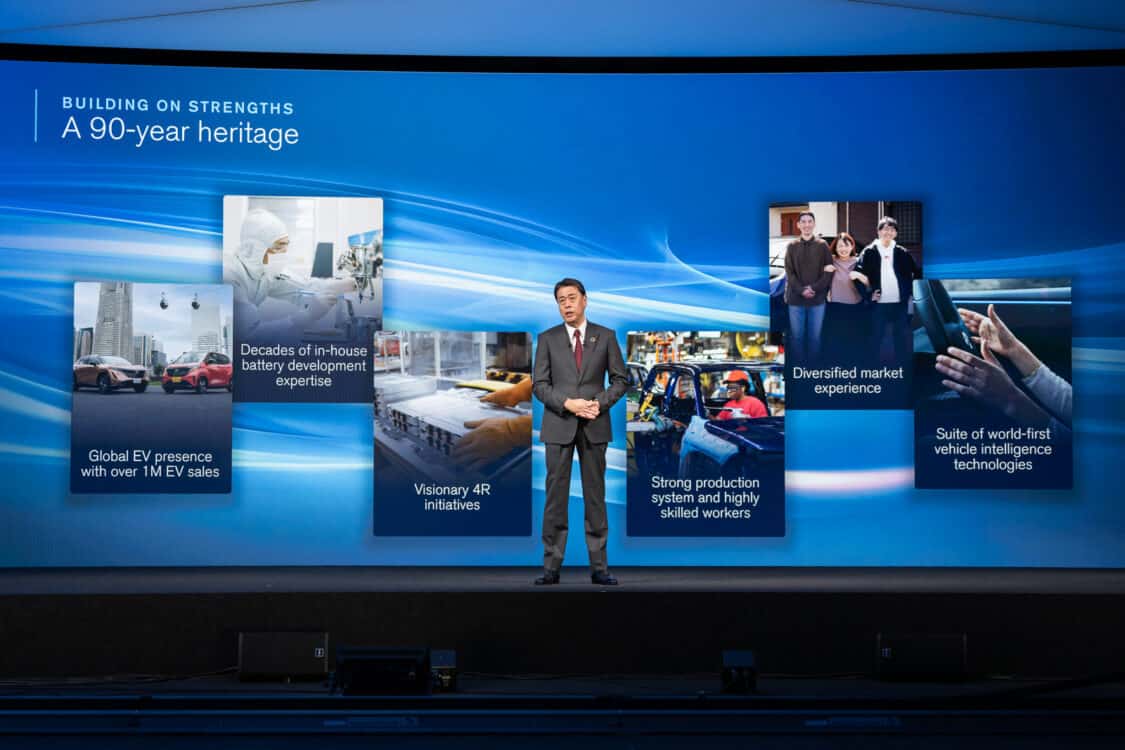
“Under this comprehensive plan, we will enhance Nissan’s competitiveness and achieve sustainable profitability,” affirmed Uchida. “Nissan is confident that it has what it takes to properly execute this plan.”
Building upon the forward-thinking Nissan Arc strategy, the company plans to introduce the EV360 Hub concept across its main manufacturing sites globally. Already in place at the Sunderland plant in the UK, this approach will expand to the Tochigi and Kyushu plants in Japan, along with other crucial locations. By combining the Nissan Intelligent Factory with EV360 Zero Hubs, Nissan expects to achieve a substantial edge in the market.
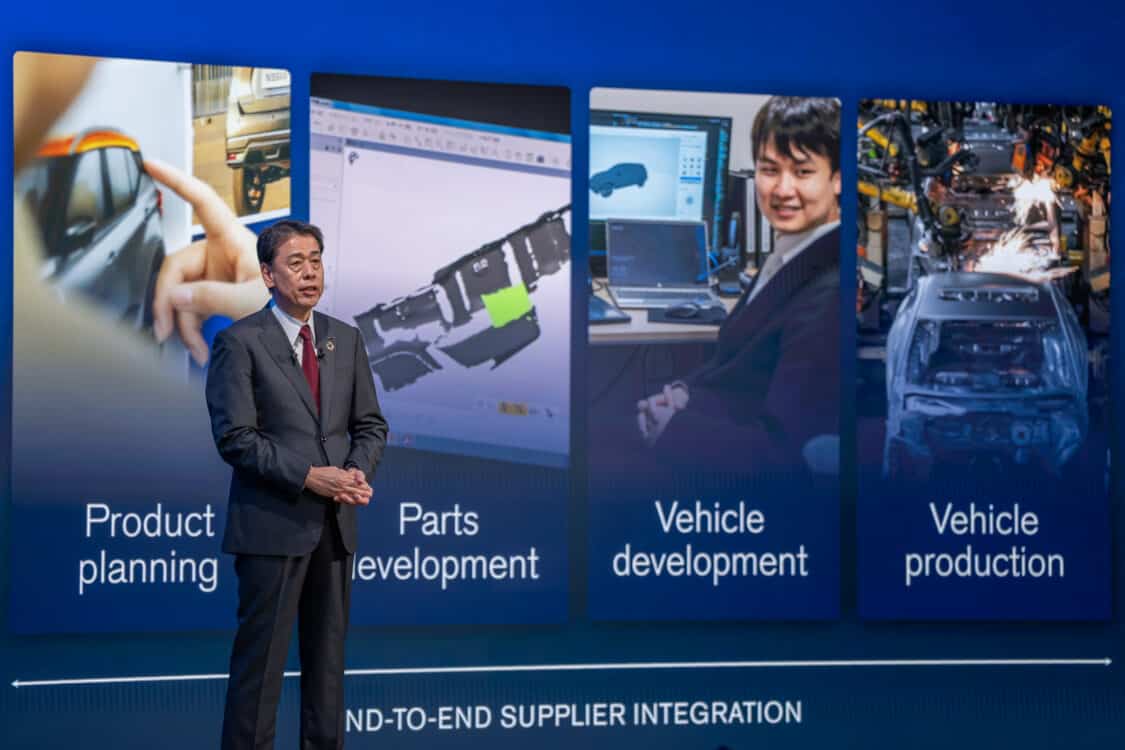
Nissan is eyeing new revenue streams by exploring different business areas, aiming for an estimated extra revenue of 2.5 trillion yen by 2030. Their vision involves broadening existing services to include options like subscriptions and over-the-air (OTA) updates, as well as exploring into sectors like usage-based insurance and complimentary services. This expansion will happen gradually, with intentions to launch a customer loyalty program by 2027.
Nissan’s ambitious plans go beyond just making vehicles – they include providing comprehensive solutions for electric vehicle charging. Drawing on over a decade of experience in EV energy, Nissan plans to roll out an AI-supported charging management system and affordable bidirectional home chargers starting in 2025. These efforts are aimed at making EV charging more accessible and efficient to meet the changing needs of consumers. Furthermore, Nissan aims to expand its charging infrastructure in both residential and commercial areas, ensuring convenient plug-and-charge services and intelligent route planning.
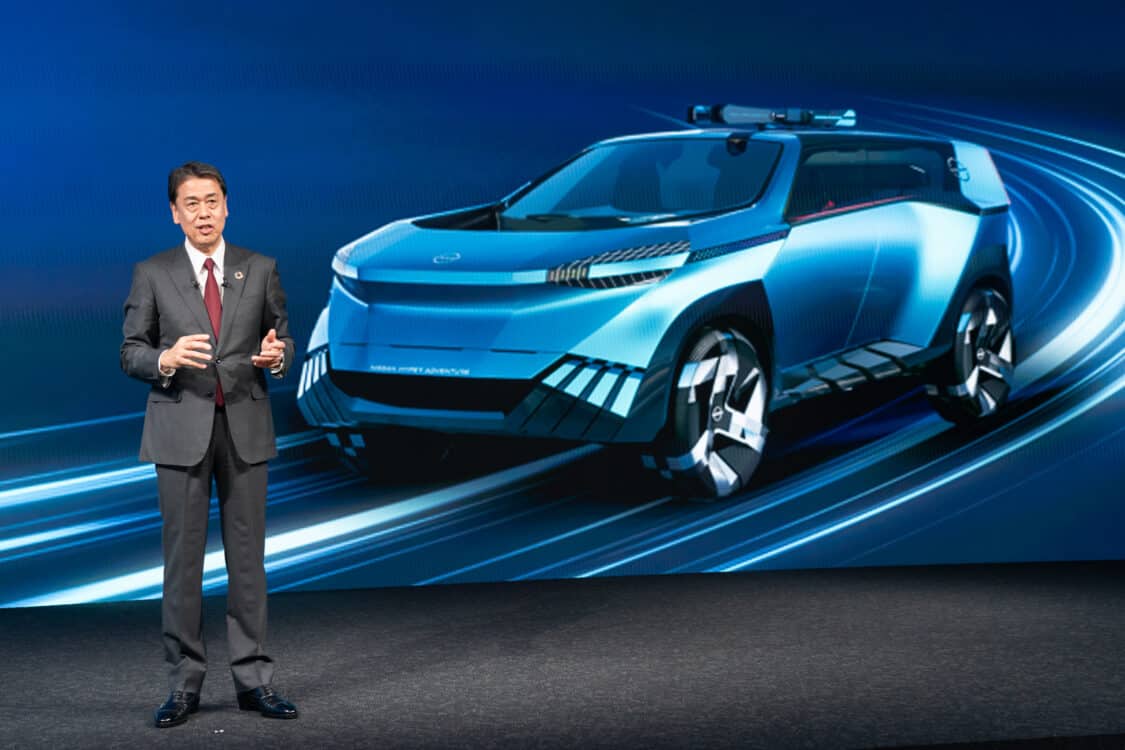
Recent partnerships, such as the latest venture with Mitsubishi Corporation in Japan, emphasize Nissan’s dedication to improving mobility services and energy management. As Nissan begins this venture, driven by a purposeful culture and a dedication to sustainability, it remains firmly committed to providing new and innovative mobility solutions for everyone, guided by the principles of the Nissan Arc plan.
ADVERTISEMENT

IMAGES: NISSAN
FTC: We use income-earning auto affiliate links. Learn more.


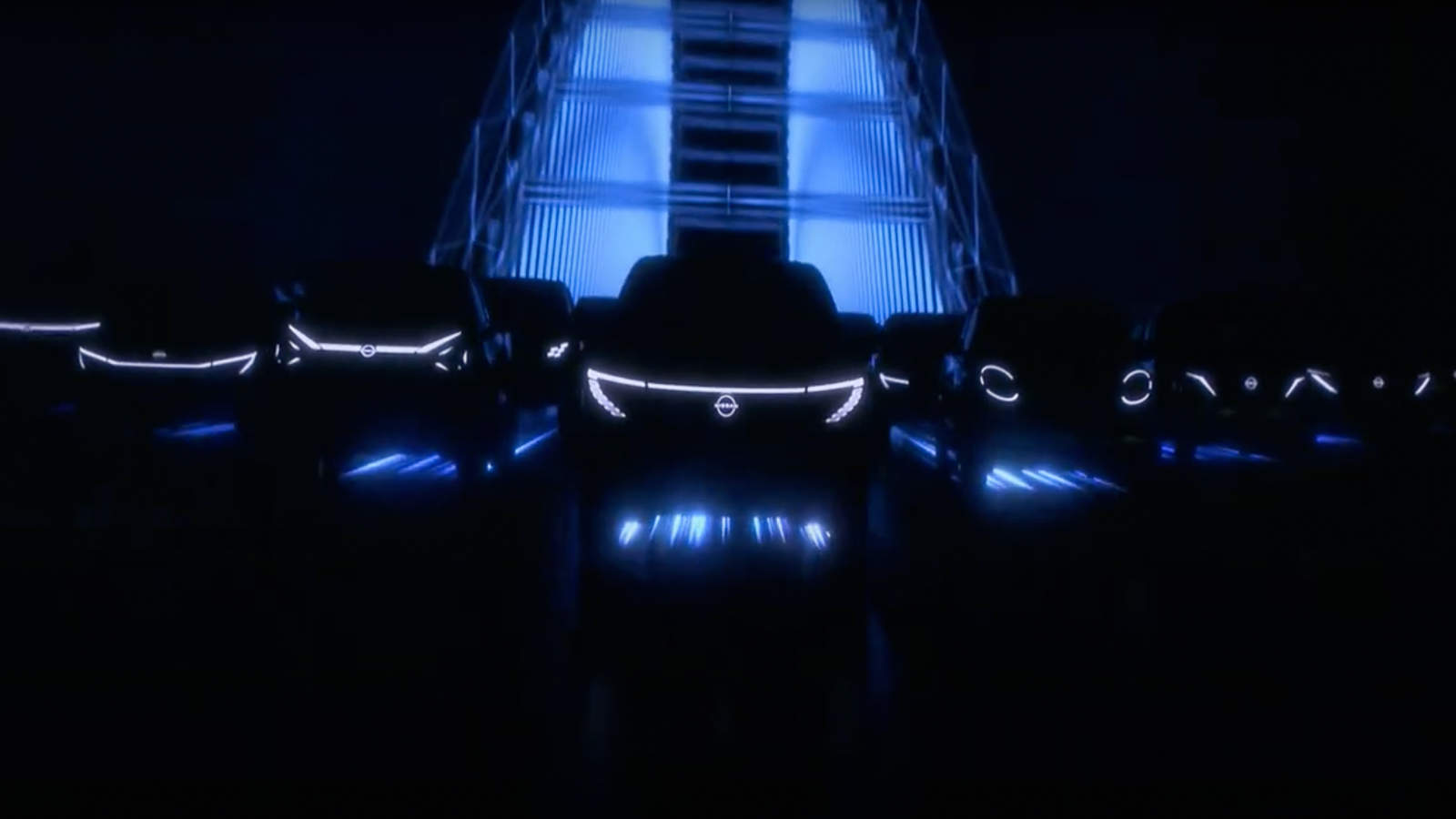


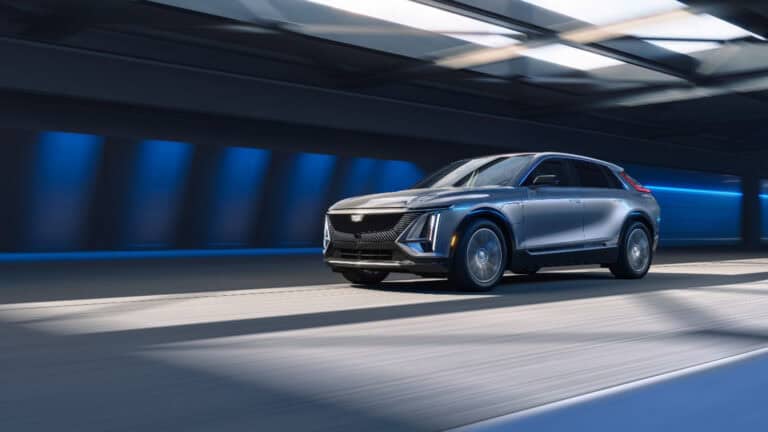
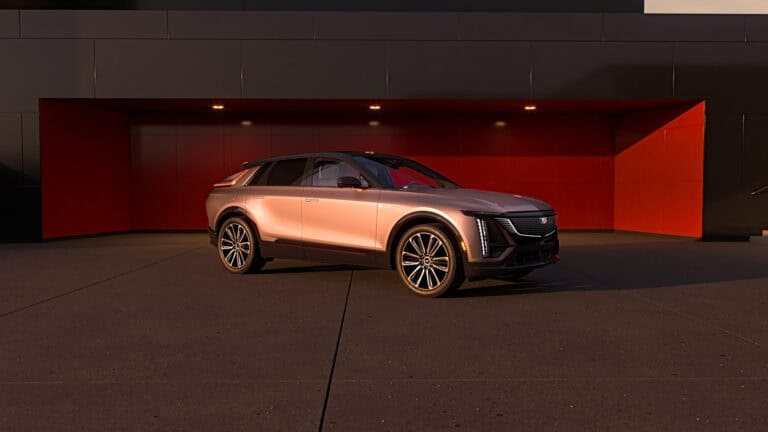
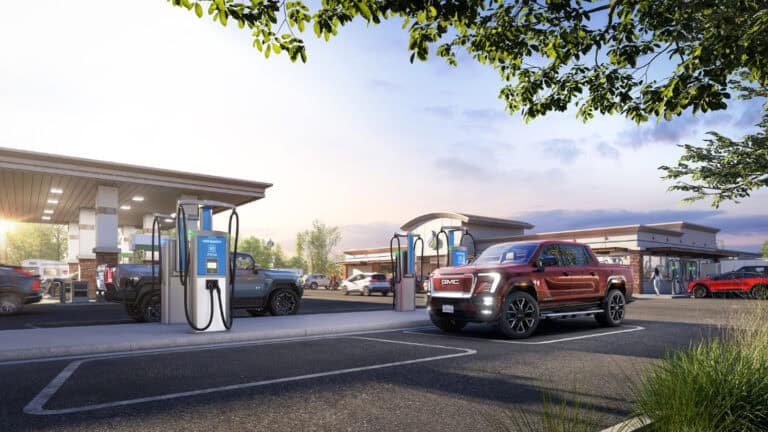










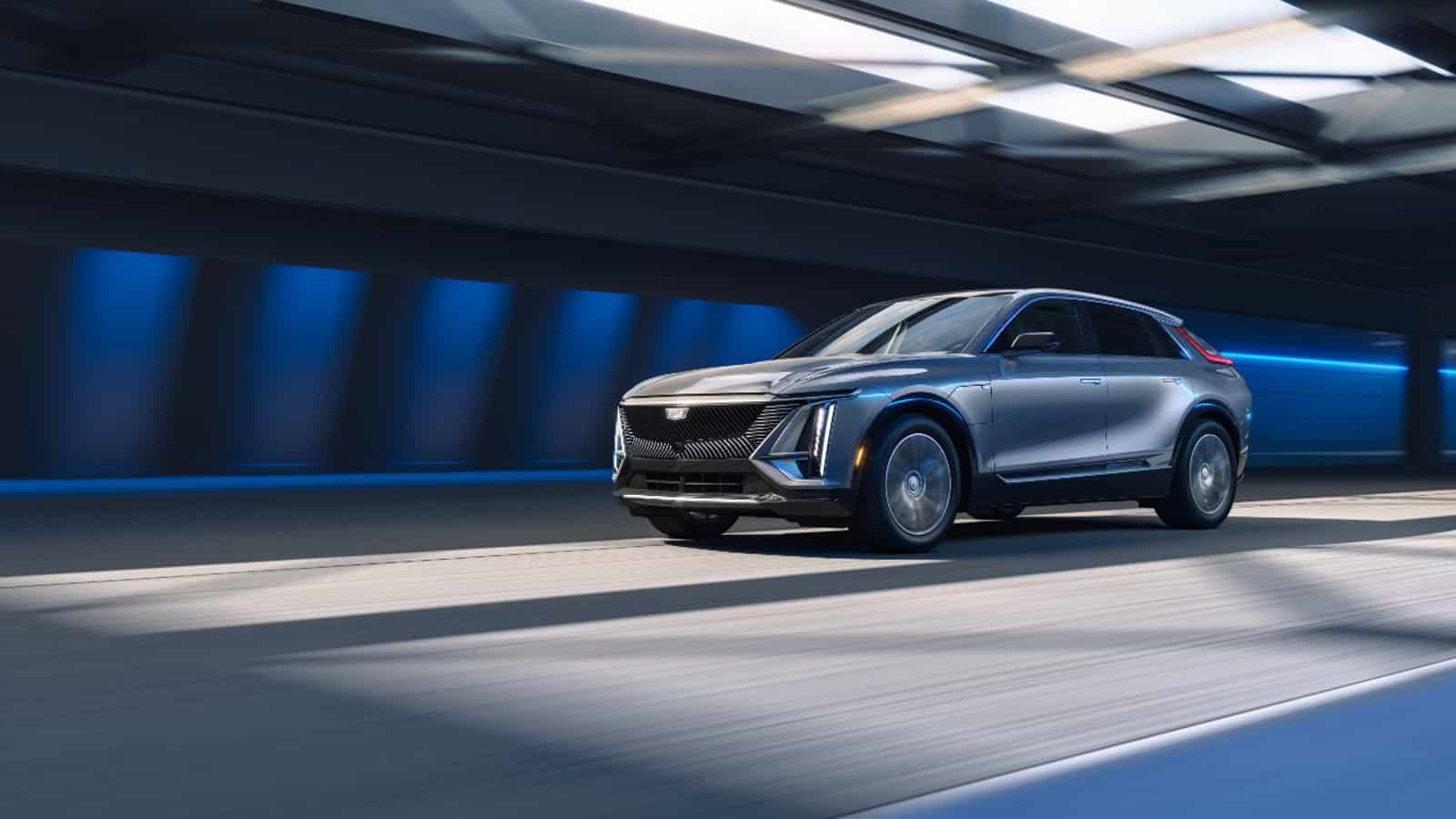
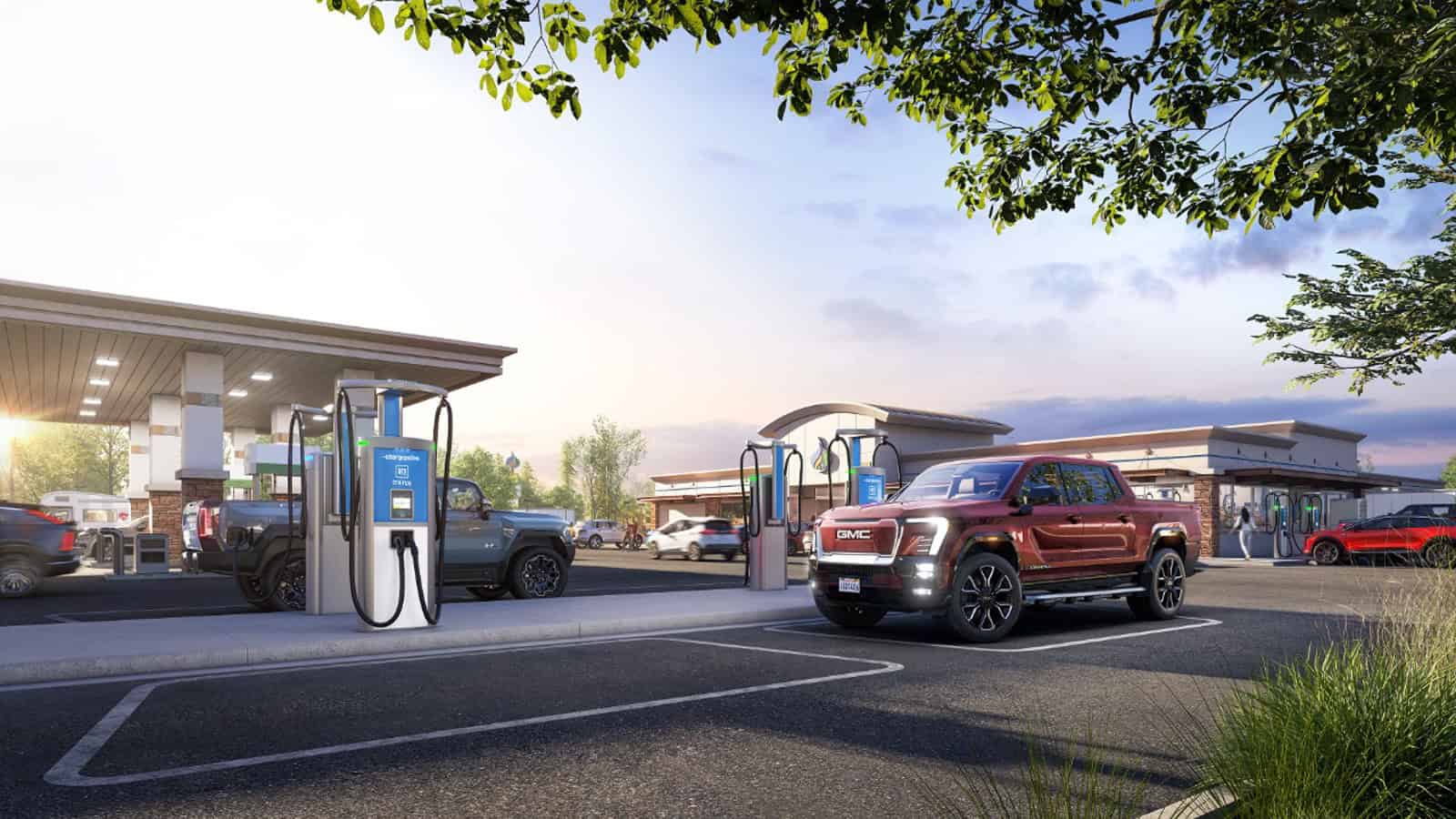
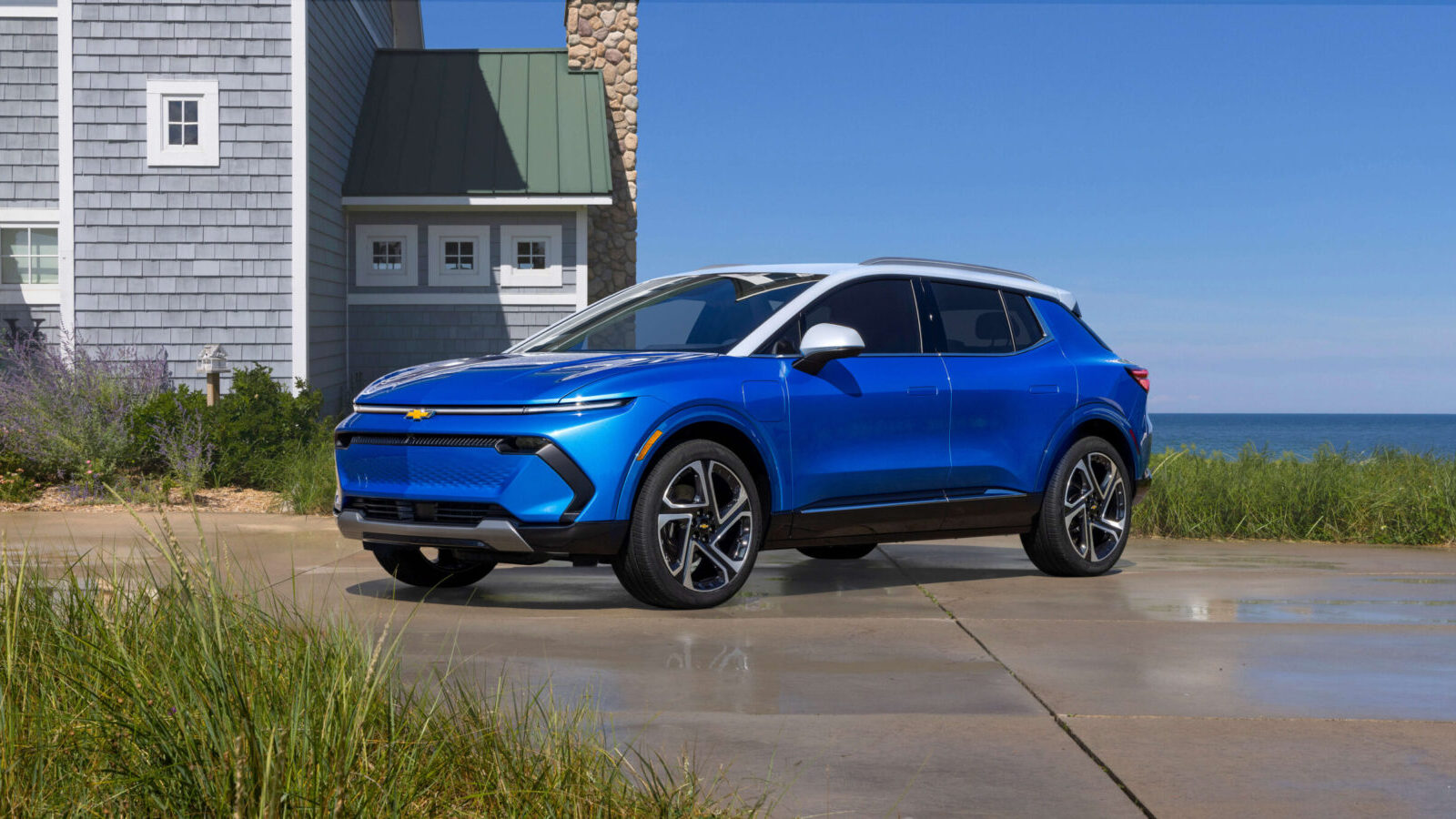
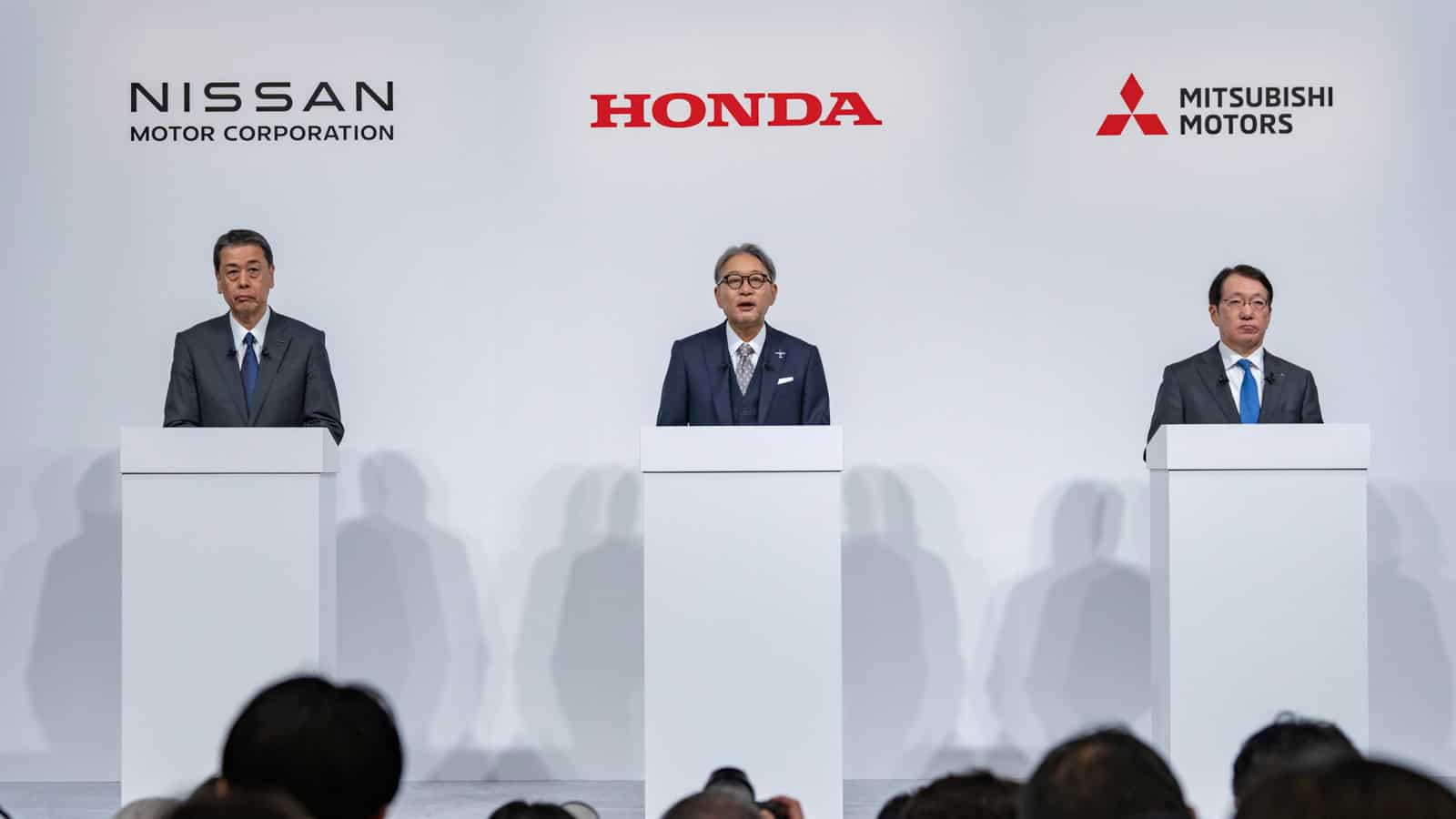
2 Responses